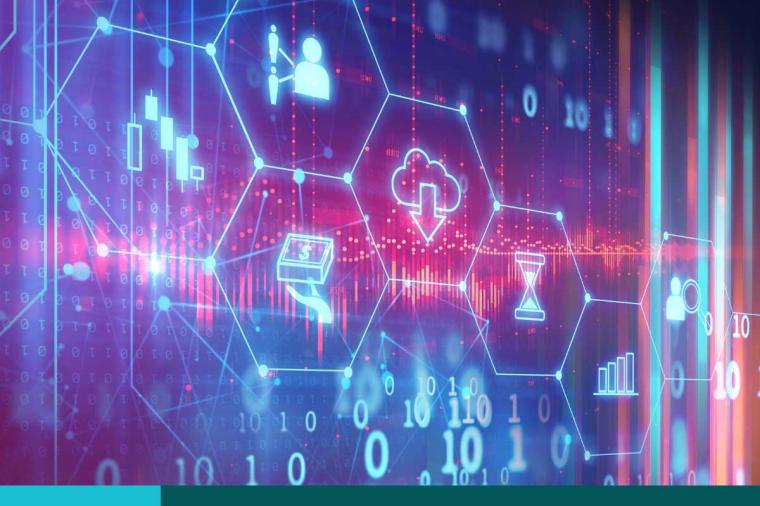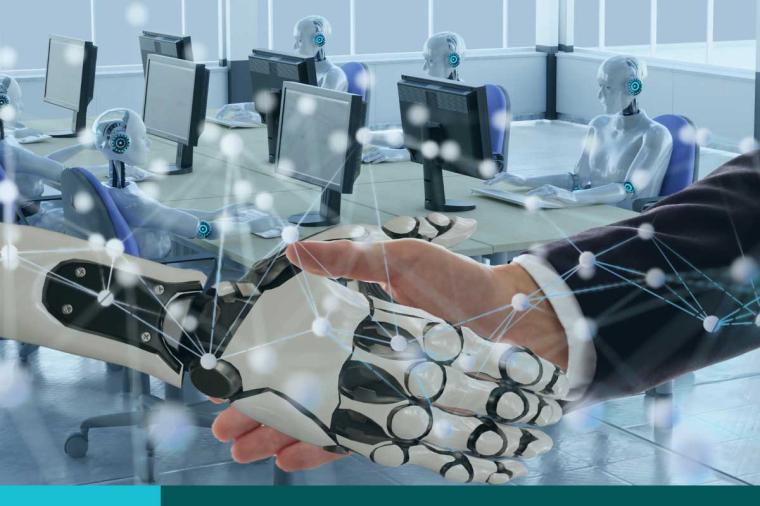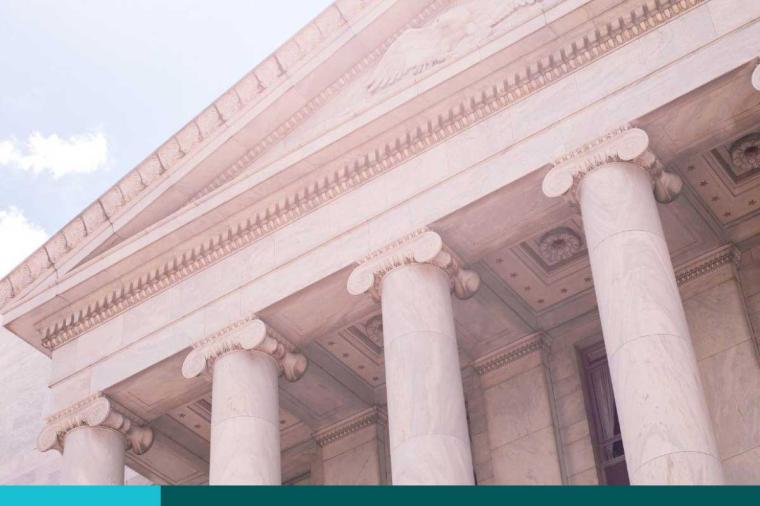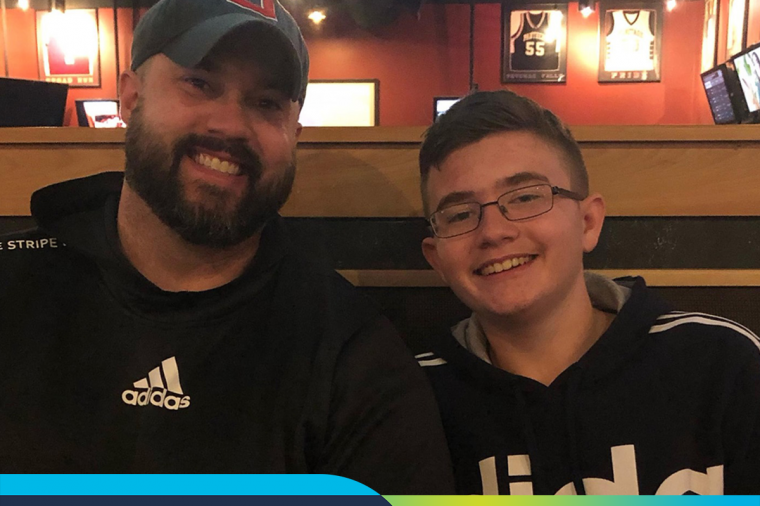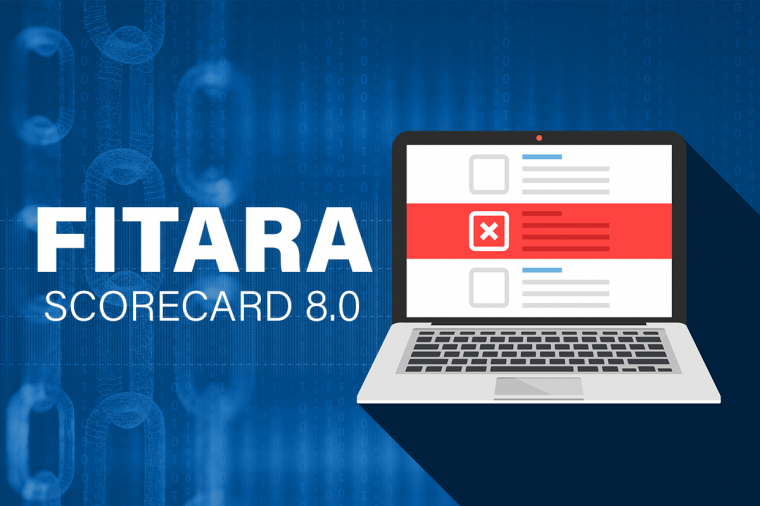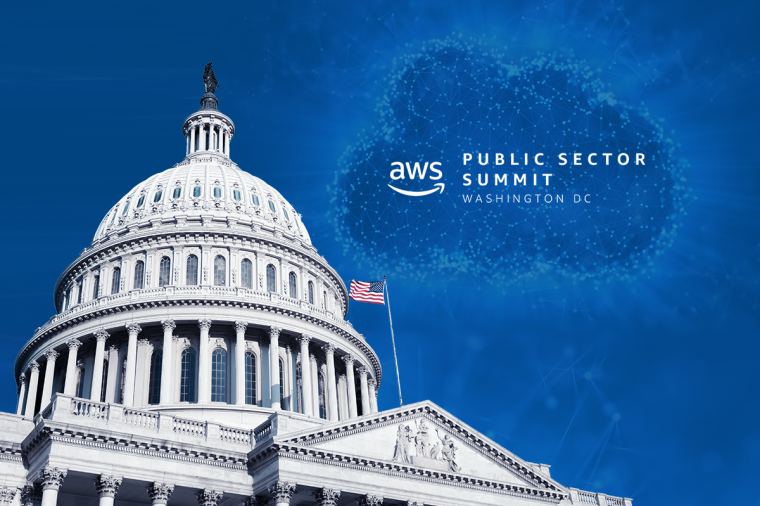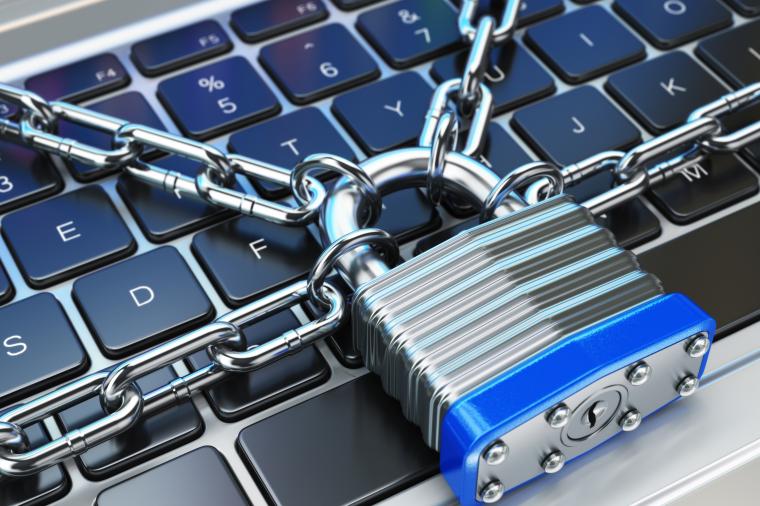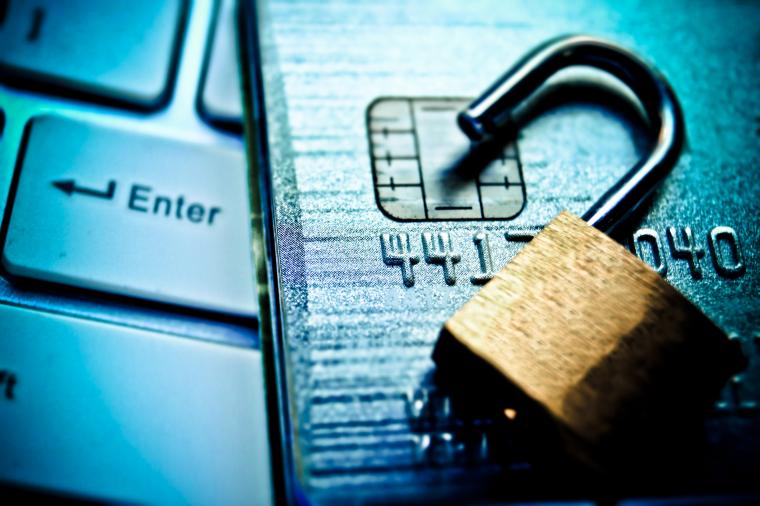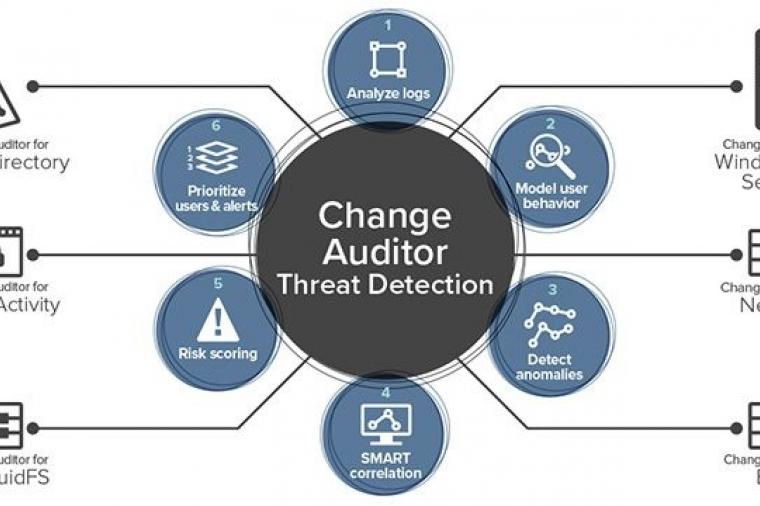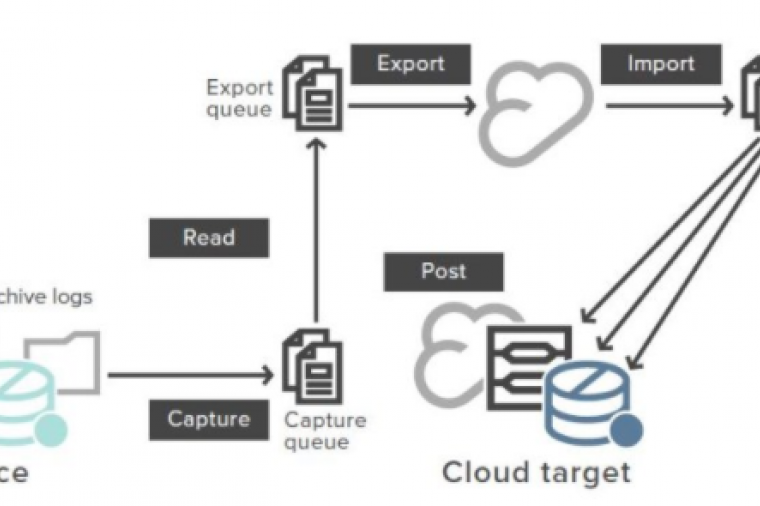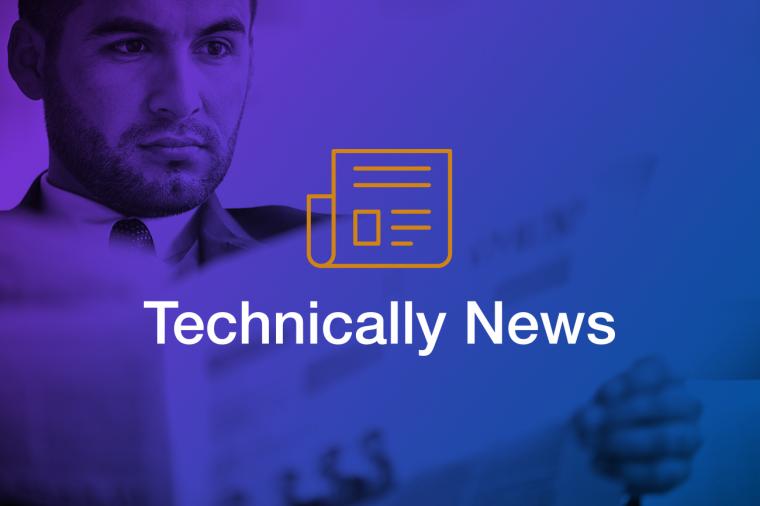Technically News is a new feature on Technically Speaking that scans thousands of industry articles to present you with a weekly source of IT news, information, and ideas that impact the public sector.
New Defense Budget Aims to Improve Cybersecurity
The recently signed $633 billion National Defense Authorization Act (NDAA) requires the Department of Defense to increase their cybersecurity efforts. It includes new reporting guidelines for cyber intrusions, strategies to prevent hacking, and budgets that will allow the purchase of new cybersecurity technology. InformationWeek explains all the NDAA’s encompassing details.
Red Hat CEO Talks About Future
Red Hat CEO Jim Whitehurst recently outlined new trends impacting the industry and the direction he sees his company heading. Key among those movements are hybrid clouds and open-source solutions, the latter of which he proudly reiterated that Red Hat is the industry’s first pure-play, open source company. Read his full Red Hat State of the Union to learn more.
Amazon Web Services is slowly changing cloud computing into a stabilized utility. And it’s not only dominating infrastructure-as-a-service offerings, it’s building developmental services around a new form of platform-as-a-service. This GCN article explores what that new ecosystem could look like.
A Conversation with Zenoss About Cloud Computing
Floyd Strimling, VP Community, Technical Evangelist for Zenoss recently offered his opinions about the future of Zenoss, open source, and cloud computing. He also takes the opportunity to offer advice such as: include your IT team earlier in decisions involving the cloud; fully understand all the terms and conditions of a cloud provider; and the benefits and cons of open source software. ZDNet has posted an interview summary.
Emerging Way to Foil Hackers: Keep Data Encrypted While in Use
In an effort to curb database breaches (there were 85 government incidents in 2012), the National Institute of Standards and Technology has come up with a new solution: Format-Preserving Encryption. Now, even if someone hacks into your network, the data itself will be encrypted; not just your database. GCN has an article breaking down the new process.
